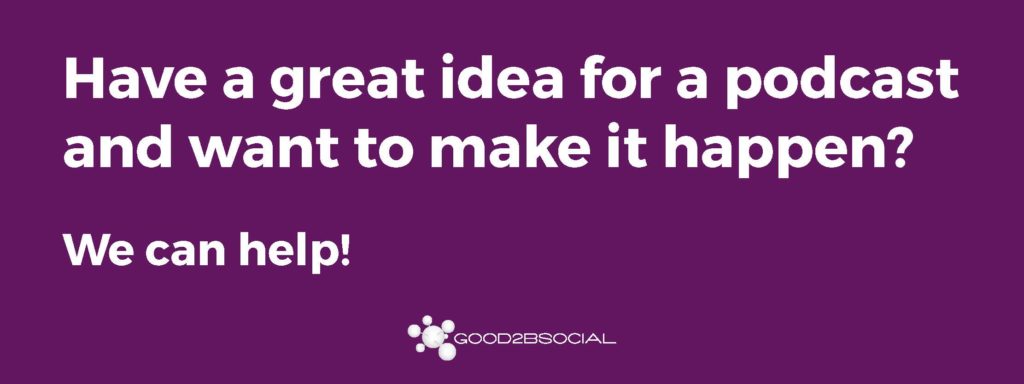
Podcast Ep. 79: How Attorneys Can Use PR to Promote Both Their Cases and Practices
In this podcast, Wayne Pollock, the founder and managing attorney of Copo Strategies, discusses how attorneys can market their cases and their practices at the same time to grow their firm.
Wayne is the founder and managing attorney of Copo Strategies, a legal services and communications firm. Serving as a consultant to law firms or as co-counsel to clients, Wayne helps lawyers ethically, strategically, and proactively tell their clients’ stories and their own stories to the media and other key audiences. Wayne’s counsel is a unique blend of legal strategy, media strategy, ethics compliance, and defamation avoidance.
Connect with Wayne on the Copo Strategies website, his LinkedIn, and Twitter.
What exactly is “engaging the Court of Public Opinion”?
By definition, the Court of Public Opinion includes a group of people whose perceptions of a legal dispute or issue could affect how that dispute is resolved and the dispute’s impact on client’s reputation. These individuals do not necessarily have to be directly involved in the case at hand. Some examples of groups within the Court of Public Opinion include the media, non legal executives, the general public, jurors, public figures and politicians. Engaging these groups and keeping in mind their ability to act in a way that could potentially hurt your client’s reputation can make a great difference in how legal problems are resolved.
How can doing so help a lawyer resolve a matter favorably for a client?
The key for lawyers is to think about how to frame a case in a way that resonates with the general public and the media. Think: how can we tell our client’s story in an ethical way while getting their side of the story out there? On the plaintiff side, thinking about different ways to acquire public attention is key. Interesting and newsworthy lawsuits are like needles in a haystack for reporters, hence making your case seem important will get you all the publicity you need. On a defense side, think of how you can attack negative allegations to protect your client’s reputation.
How can doing so help a lawyer market himself/herself to current clients, prospective clients, and referral sources?
Attorneys that are prominent in markets are not afraid to put themselves out there. When attorneys speak to the media, they are actively marketing themselves to show potential clients what type of advocate they are and could be to them. Additionally, although permission from your client is required to do this, telling your client’s story to the public can lead to higher SEO, positive reviews, social media publicity, and client testimonials.
What are the ethical concerns related to talking to the media about their cases?
One major ethical concern revolves around client confidentiality. Prior to speaking publicly about a case, even if the content of your statement is already public, you must acquire your client’s consent. Additionally, attorneys cannot make public statements that would have a substantial likelihood of materially prejudicing an adjudicative proceeding. However, many professionals commonly overlook the two major things attorneys can always speak about: public record and the offensive/defensive of the case.
What should lawyers know about defamation when they talk to the media about their cases?
When speaking to the media, lawyers must be sure to clarify when something they say is about an allegation. Otherwise, if the allegation is deemed false, the lawyer will find themselves liable of defamation. In regards to reporters, when an attorney sends a copy of a complaint to a reporter, they expose that attorney to defamation. However, when we put defamatory allegations in a letter to the other side, it is protected by litigation privilege to defamation. However, when complaints are not necessarily relevant to the case at hand, courts maintain the ability to say you are no longer doing something that naturally occurs within a case, and technically republishing defamatory allegations without protection by this privilege.
Takeaway
The biggest advice for those in PR, maketers, and lawyers is to be active readers of the news and deconstruct it. Not only will this give you a blueprint about what reporters and major publications are looking to publish, but will help you use the Court of Public Opinion to market yourself.
Are you ready to get started generating new, qualified leads?
Contact us to get started and let us help you energize your digital marketing and business development efforts.
Contact Us

